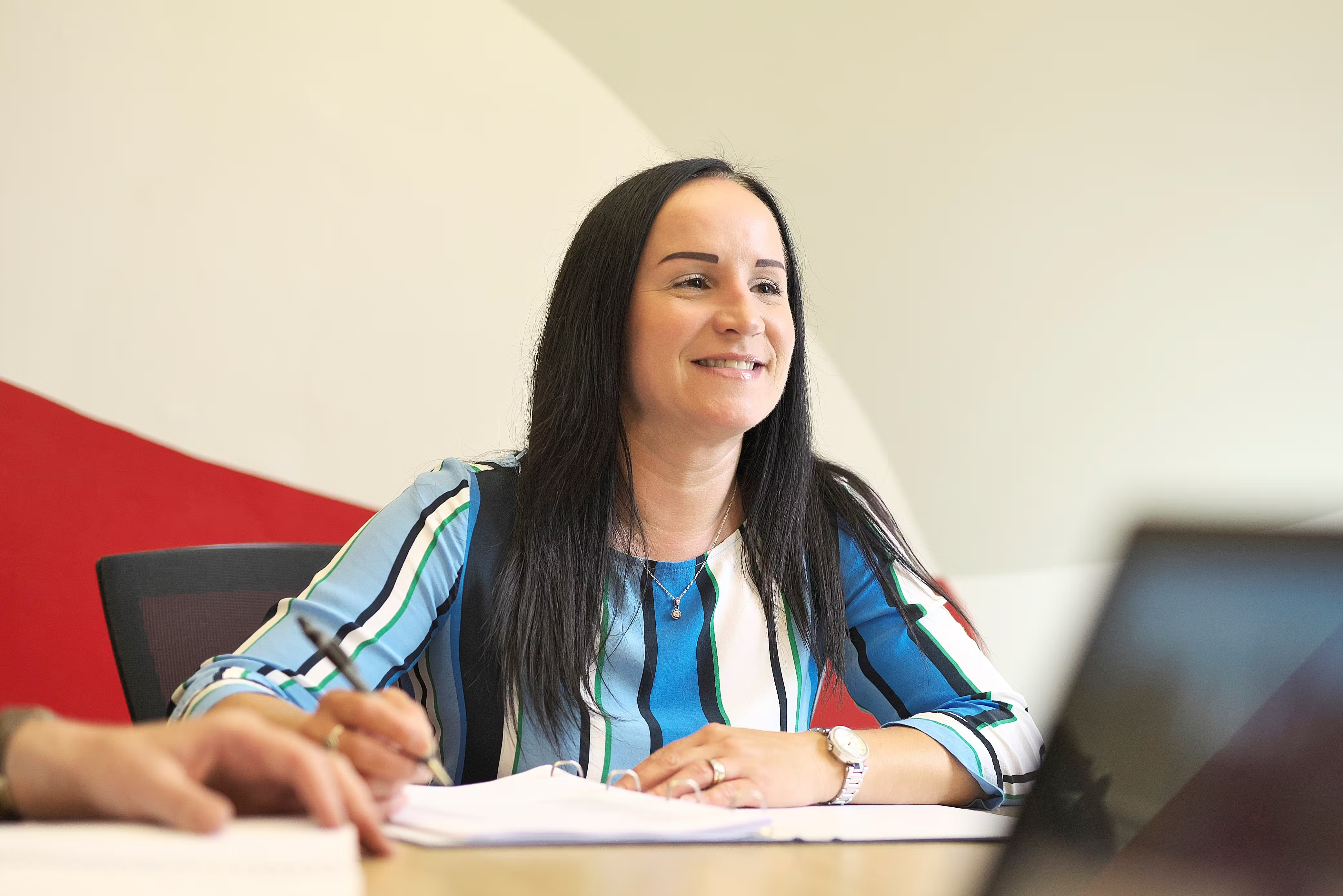
Health & Safety
We offer our health and safety services and advice on an ad-hoc basis and also have a range of package options. Find out more about our health and safety services on this page.
We help our clients meet their moral obligations, keeping their employees safe and healthy at work. We do this by ensuring their legal compliance with health and safety regulations. This can also enhance profitability by helping negate accidents, losses, enforcement action, and subsequent financial penalties.
Health and safety is relevant to all businesses, large or small. It should be part of the culture of a business and led by senior personnel. We understand the negative effects a poor health and safety regime can have on a business and, conversely, how a good health and safety management system can directly benefit a business.
The Alan Boswell Group Difference
Our team of highly qualified and experienced professionals are all Chartered Members of the Institution of Occupational Safety and Health (CMIOSH) and can offer many specialist services from general health and safety advice to specific technical guidance.

Health & Safety advice in detail
General health and safety advice and support
Hazard spot surveys
Compliance auditing
Specialist assessments
Provision of full health and safety policy
Wide range of assessments
Asbestos management plans
Training support and guidance
Ongoing technical support
CHAS accreditation
Risk management
FAQs
Get in touch
To talk through your risk management, health and safety, or training requirements, get in touch with a member of our team today.










